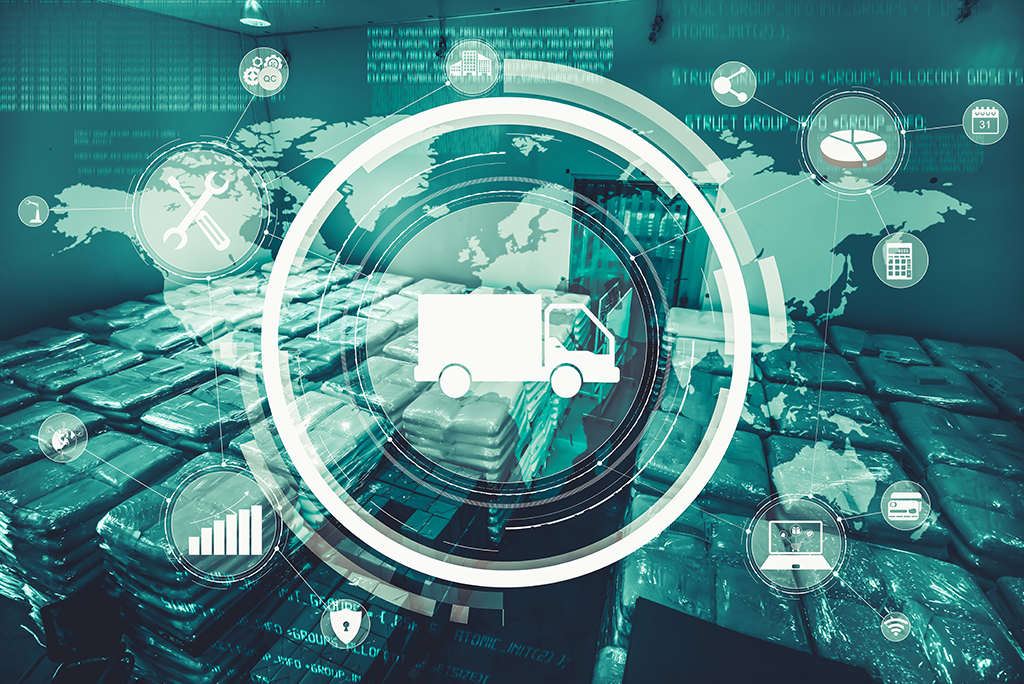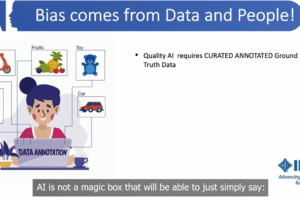Why the Future Internet of Things Depends on Blockchain
The Internet of Things (IoT) has the power to connect all devices through a cloud-based ecosystem. In the future, it could potentially undergird the infrastructure of smart cities in order to make communications far more streamlined and efficient than they are today. However, a major obstacle for IoT is that it still depends largely on centralized platforms. This can make sensitive data vulnerable to hackers.
Blockchain technology has the potential to fix this problem. As discussed in a previous post, blockchain is a decentralized digital ledger of transactions that records data in a way that prevents hacking and altering of the data. It does this by duplicating transactions and dispersing them to “nodes” across the network.
Blockchain would allow contracts known as “smart contracts” to be completed autonomously in a decentralized manner, creating a web of connected devices that gives users control over their own data.
Unfortunately, there are obstacles preventing a full merger between blockchain and IoT. Currently, all IoT devices that “talk” to each other must be on the same blockchain. Similar to how the internet runs on a vast web of servers, a future IoT will need to rely on a network of blockchains. As such, scalability is a major obstacle to merging IoT and blockchain, as current blockchains have yet to reach this level of maturity.
While there are obstacles, the integration of blockchain and IoT would be revolutionary. It would create a record of every transaction made on the IoT, which cannot be altered, making data far more secure. Additionally, it would streamline the entire supply chain—from manufacturing lines to consumers—giving every stakeholder access to documentation when required. Furthermore, a fully integrated blockchain and IoT will make industries that rely on one another, such as insurance companies and supply chain logistics, interconnected and seamless.
How IoT and Blockchain Can Revolutionize Healthcare and Finance
COVID-19 has created a logistical nightmare for both vaccine distributors and health care workers worldwide. Two of the most common vaccines, Pfizer and Moderna, must be kept at below zero degree temperatures or they will degrade. This vaccine challenge is a primary example of how blockchain and IoT can work in tandem to streamline operations and enhance distribution.
As discussed in a previous post, vaccine manufacturers can place IoT sensors on vaccine packaging or even on individual vials which allow distributors to track and monitor their location and temperature during delivery, and quickly spot and fix problems as they arise. When the vials arrive at vaccination centers, health care workers can scan the packages to get immediate access to important information about the quality of vaccines.
Blockchain and IoT also have the power to revolutionize finance through smart payments. For example, JPMorgan Chase & Co recently piloted blockchain payments between satellites orbiting Earth. As an experiment, the bank worked with a nanosatellite supplier called GOMspace, which gave them the ability to run software on their satellites. The test revealed that blockchain networks can fuel transactions between devices, and that it’s possible to build a marketplace where satellites send data to one another in exchange for money. Such a system, for example, could allow a smart refrigerator connected to the IoT to order food from an e-commerce site when it runs low and give an autonomous vehicle the ability to buy gas.
While obstacles for blockchain and IoT remain, a merger between the two has the potential to radically impact our world.
Understand Enterprise Blockchain for Your Industry
What other industries can benefit from blockchain technology? Get Enterprise Blockchain for Healthcare, IoT, Energy, and Supply Chain, a five-course program from IEEE, to find out. Developed by leading experts in blockchain technology, this advanced program provides business use cases across key industries and sectors. It’s ideal for managers, professional engineers, as well as business leaders.
Contact an IEEE Content Specialist to learn more about how this program can benefit your organization.
Resources
Chai, Raullen. (7 May 2021). Internet of Trusted Things: Democratizing IoT. IoT for All.
(24 March 2021). The Future of the Internet Of Things with Blockchain. Manufacturing Business Technology.
Kavinsky, Marc. (10 March 2021). How Are Blockchain And IoT Helping COVID Vaccine Shipments? IoT Business News
Irrera, Anna. (24 February 2021). JPMorgan’s blockchain payments test is literally out of this world. Reuters.




